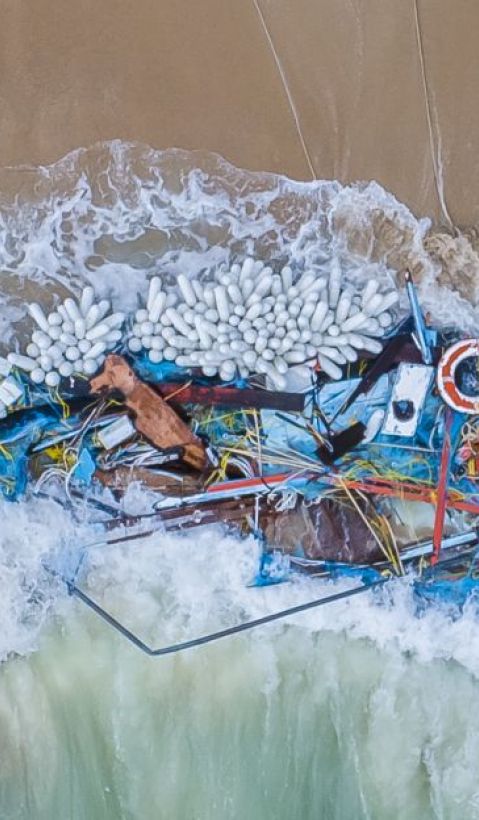Type of material: Comprehensive and practical toolkit designed to help countries, regions, and cities address the growing challenge of plastic pollution. It combines a robust methodological framework with user-friendly tools and templates to enable evidence-based decision-making.
Target audience: Primarily designed for national governments, policymakers, and decision-makers at sub-national and local levels. Stakeholders from the private sector, academia, and NGOs can also use and benefit from the Guidance to support its application and leverage its results.
Content: The National Guidance for Plastic Pollution Hotspotting and Shaping Action provides a structured methodology to identify plastic leakage hotspots, analyze their impacts across the plastic value chain, and prioritize effective interventions to address these issues. The materials include a detailed report, nine technical modules and additional interactive tools and templates.

